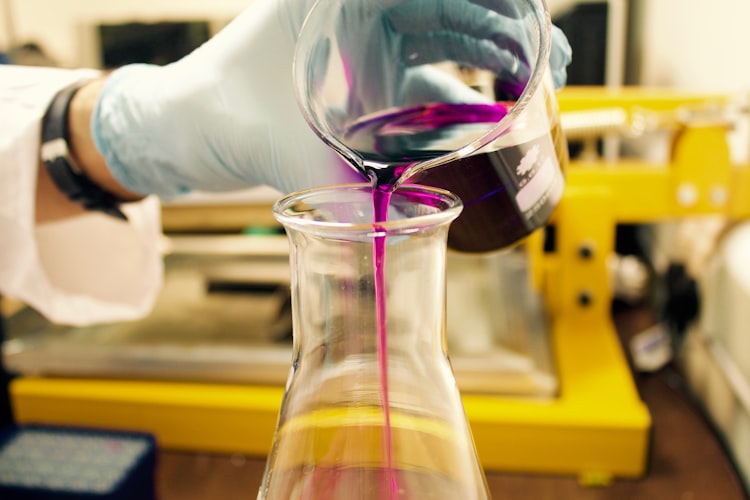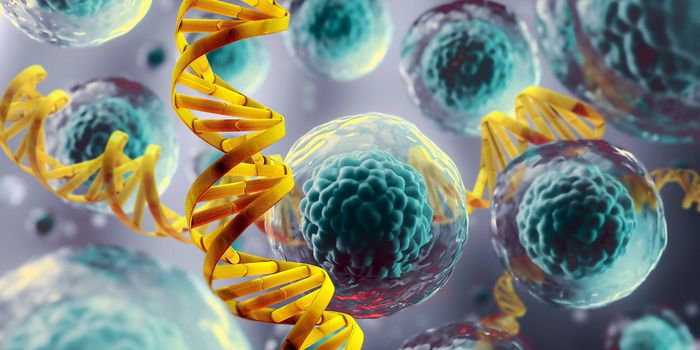Histamine Improves Long-Term Memory
A recent research study found that histamine could improve people’s long-term memory which may be a prospective treatment option to alleviate symptoms of memory disorders like Alzheimer's disease and other forms of dementia.
The study used memory tests on participants and confirmed that histamine treatment improved long-term memory, further clarifying its role. "In real life, we cannot know what we forgot. This is why we do human memory tests with pictures on a computer screen," said Professor Yuji Ikegaya of the University of Tokyo.
Study participants either took a placebo or drug that increased the amount of histamine in the brain. "Increased histamine helped research participants remember an image they knew once but couldn't remember during a long-term memory word-association test," said Ikegaya. "To any students thinking about using this drug as a study aid, I must warn them to first always protect their health, and second to realize that we have not tested whether this drug helps anyone learn or memorize new things.”
However, researchers suspect that there is a dual effect to histamine treatment where it may improve long-term memory sometimes but hindering it at other occasions—this is believed to be due to a “histamine threshold”. "You still have the memory, but you can't access it unless it is above a particular threshold," says Ikegaya.
The study also noted that improving long-term memory beyond the normal is not always a positive as it can be quite a burden for those suffering from post-traumatic stress disorder (PTSD). "If we have typical memory, then there is a balance between the brain systems for remembering and for forgetting. Too much forgetting or too much remembering is likely an upset of that balance," explained Ikegaya.
Learn more about how we remember and how we forget:
Researchers are now hopeful for future studies to examine how histamine levels affect memory test results in older adults and how histamine treatment may be implicated in prospective memory.
Source: Science Daily









